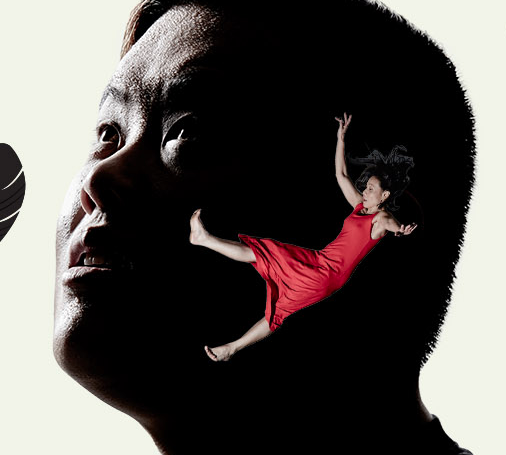-
Advocacy Theme
-
Tags
- Abortion
- Adoption
- Caregiving
- CEDAW
- Disability
- Domestic Violence
- Domestic Workers
- Harassment
- Healthcare
- Housing
- International/Regional Work
- Maintenance
- Media
- Migrant Spouses
- Migrant Workers
- Muslim Law
- National budget
- Parental Leave
- Parenthood
- Polygamy
- Population
- Race and religion
- Sexual Violence
- Sexuality Education
- Single Parents
- Social Support
- Sterilisation
- Women's Charter
Congrats to our “Falling” contest winners!
May 12th, 2016 | Family and Divorce, News
 We held a very exciting contest, thanks to Pangdemonium’s kind sponsor, where we gave away two pairs of tickets to their upcoming play, Falling, starring Neo Swee Lin and Tan Kheng Hua.
We held a very exciting contest, thanks to Pangdemonium’s kind sponsor, where we gave away two pairs of tickets to their upcoming play, Falling, starring Neo Swee Lin and Tan Kheng Hua.
Opening on 13 May, Falling promises to be an enlightening piece of theatre examining a family’s experiences raising and growing up with an autistic teenage boy. This is also a timely and fantastic opportunity to learn from one another about what caregiving can look like, what support it requires and what we want to see improve in our society to support caregivers and care-receivers.
To do this, we posed a simple question to our Facebook followers: “What is one change you wish to see to improve the lives of caregivers of children, the disabled and the elderly?”
It was a tough pick – we got very impressive answers. Huge congratulations to Anusha Sharma and Woon Hwee Buay for winning a pair of tickets each to the showing of the play this weekend! Read on for their winning entries, and click here for the rest. Thank you to everyone for taking part in the contest!
Hwee Buay: “The primary health care team has a long-term r/s with the patient, allowing familiarity with the caregiver and his/her circumstance. They should educate, provide psychological support, and help mobilize community resources available, to the caregiver, as they are most able to understand the context and offer individualized intervention tuned to individual needs. Psycho-social interventions should incorporate individual counselling, support groups, family therapy, caregiver training, and technological support that cover areas such as info about the disease, organization of care, practical advice, skill-equipping for care, and decision-making.
To have an efficient solution with minimal compromise on community resources and competing community priorities, a structured but personalized system catered to meet the specific needs of both the caregiver and care recipient is key. Thus, instead of natural tendencies to neglect caregivers and only focusing on the patients’ welfare as in the case without a system, a structured hierarchy should be implemented in all health care systems, starting with the primary health care team, and branching into larger communities. This could result in efficient teamwork and role-playing by parties and assistance will be more targeted with each of their specializations. At the same time, caregivers will be clear about which party they should reach out to at the various stages/facing different issues, and are aware of the large community team available, instead of finding themselves seemingly fighting a lone battle, unsure who is equipped to provide that assistance they need.”
Anusha Sharma: “I would like to see the state employing home carers to make daily visits to elderly or disabled care receivers. Some care receivers are too weak to leave the home, and even though there have been more day care centres for the elderly in recent years, not all people who need care are able to access them just because they may find it too hard to leave the home. Home care has proven to be more beneficial for the elderly than nursing homes, which contribute to emotional and social isolation, as well as physical deterioration. Home care provision can also constitute a check on caregiver abuse, both in terms of noticing and addressing it right away, as well as preventing it – the feelings of frustration, isolation and helplessness that caregivers experience when they are solely responsible for their wards can be a factor in precipitating abuse. Right now, regular home care is accessible to few – because it is only available through private providers who charge a premium. This is a service that should be universal. We all deserve to be cared for with dignity. As a disabled woman, I’ve had the experience of being cared for. It can exert a toll on both the caregiver and care receiver and be a frustrating experience for both. I want to give my parents the quality of life they deserve when they enter old age – but I can’t do it alone. A comprehensive support system needs to be in place, and funding home care would be a big step towards that.”



